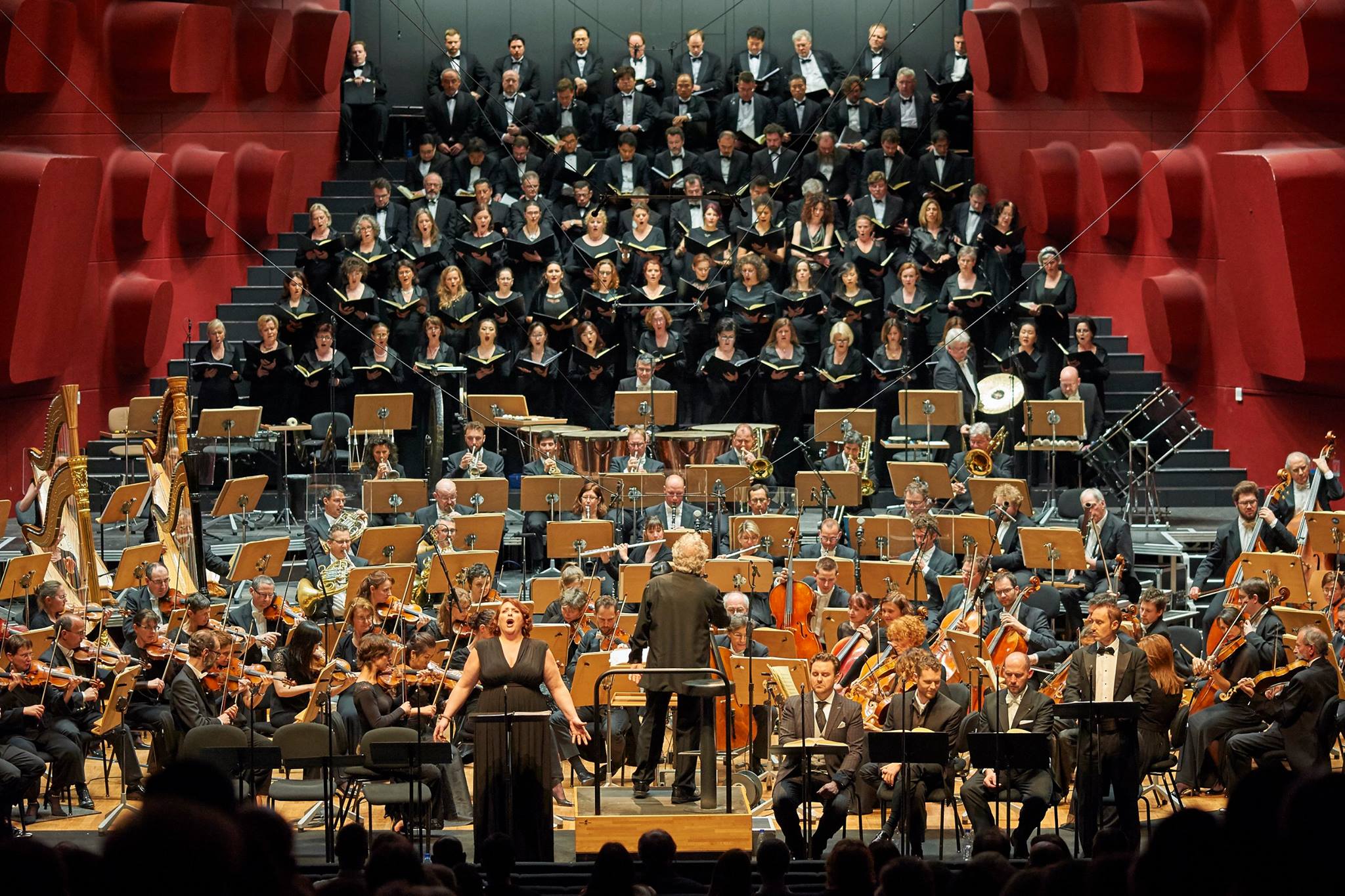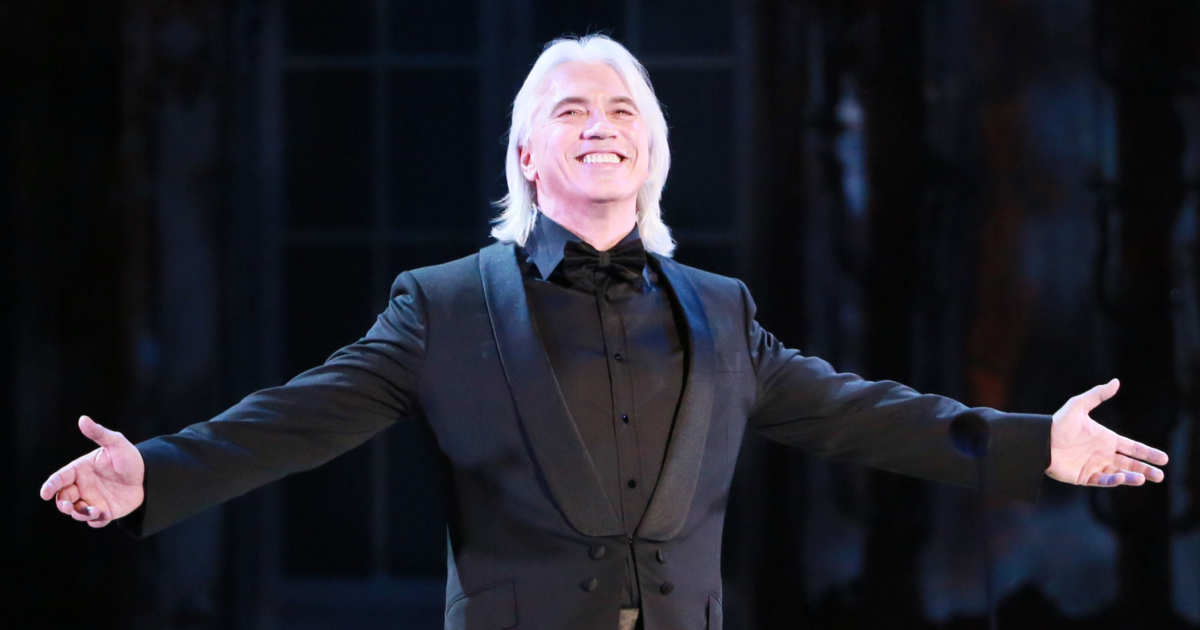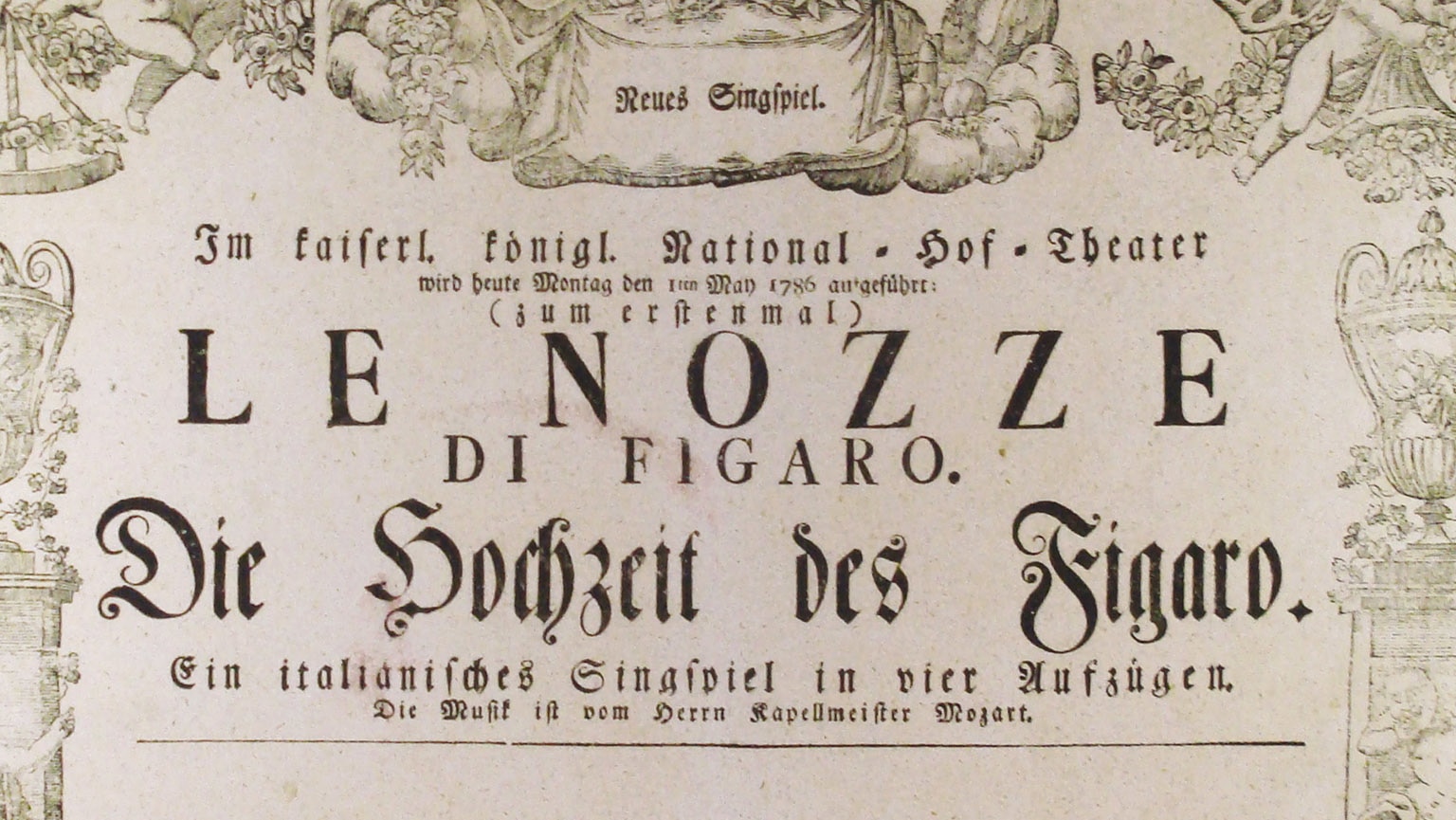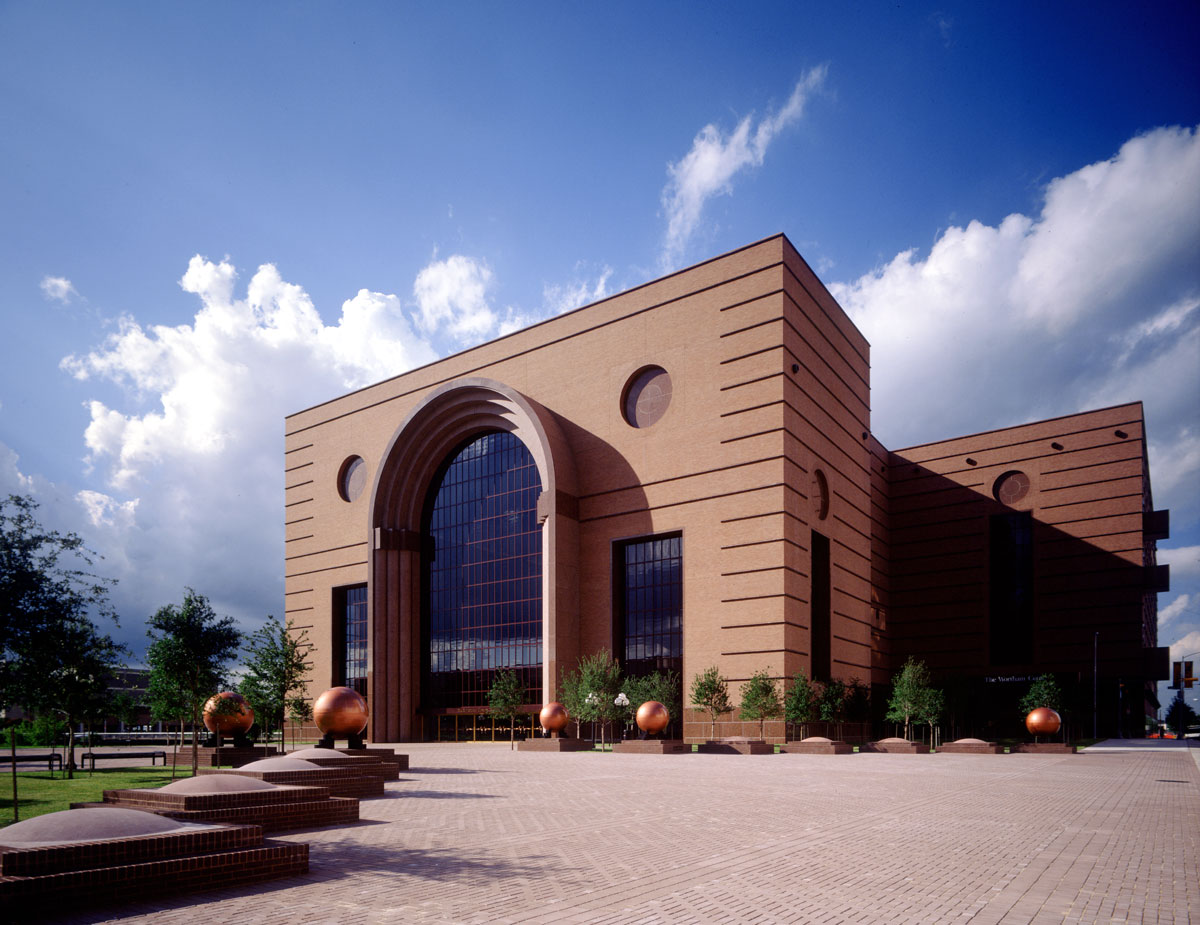New Release: Berlioz’ “Les Troyens” in Strasbourg
Sixteen vocal soloists, three choirs, and perhaps the largest orchestra ever conceived for opera… These are the requirements for Les Troyens (“The Trojans”), Hector Berlioz’ massive 1858 French grand opera in five acts. Berlioz himself adapted the libretto from Virgil’s epic poem, the Aeneid. He didn’t live to see the opera performed in its entirety. But he considered it to be his crowning achievement, writing in 1861, I am sure that I have written a great …







